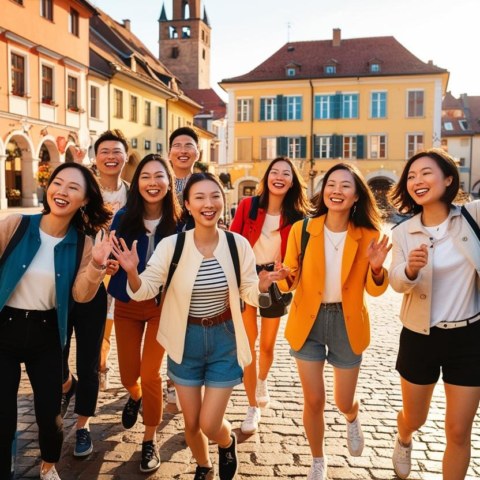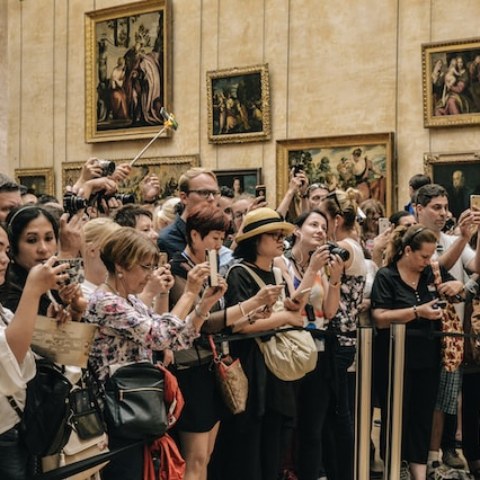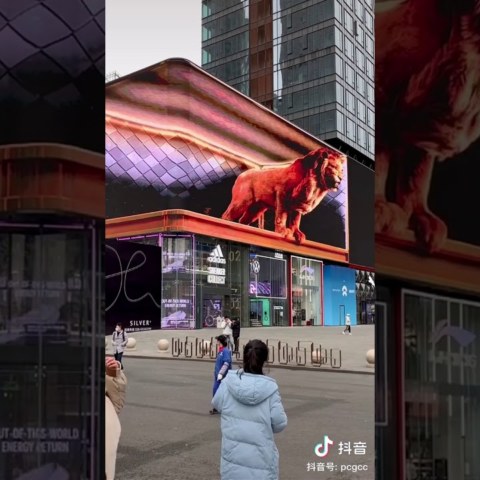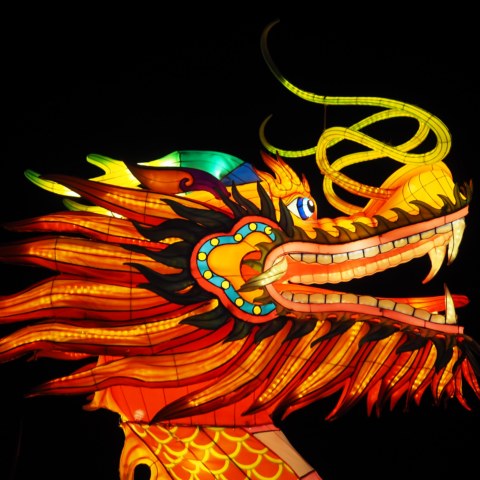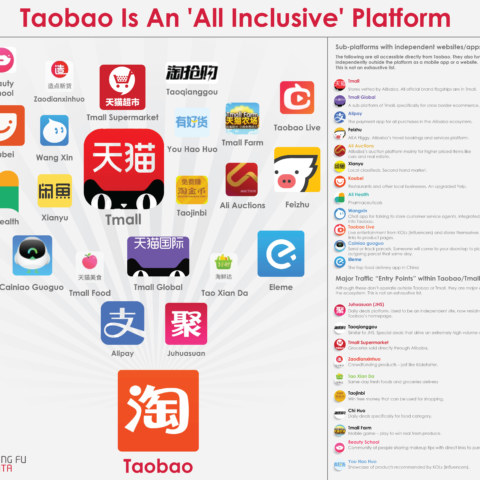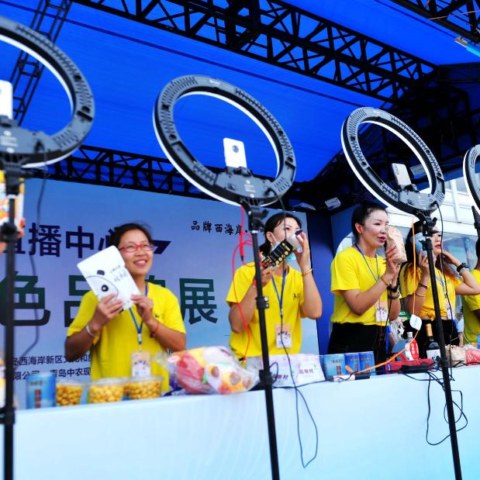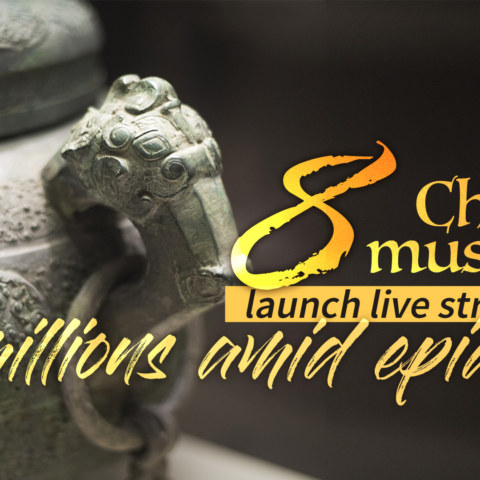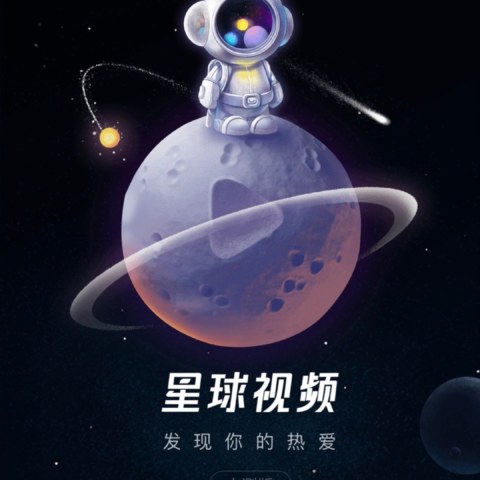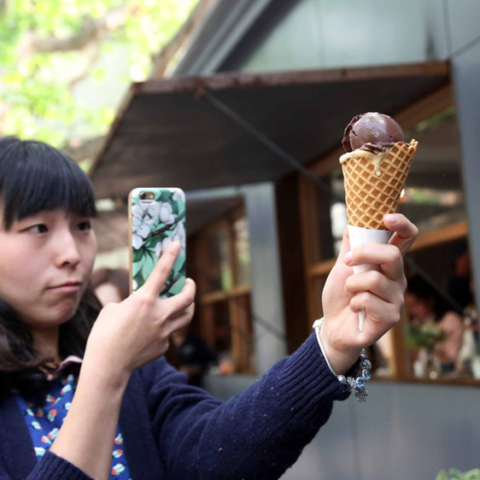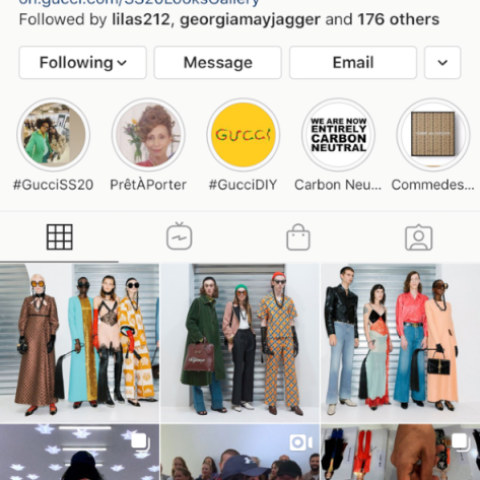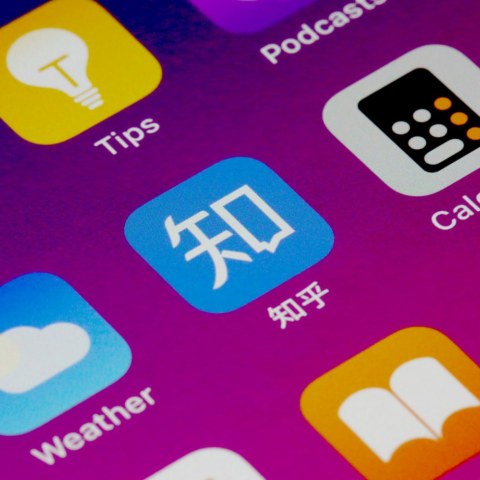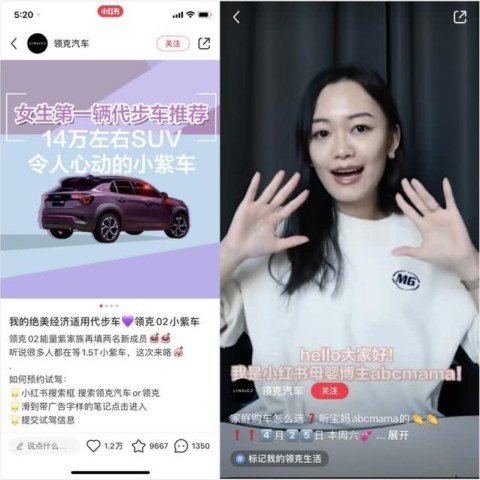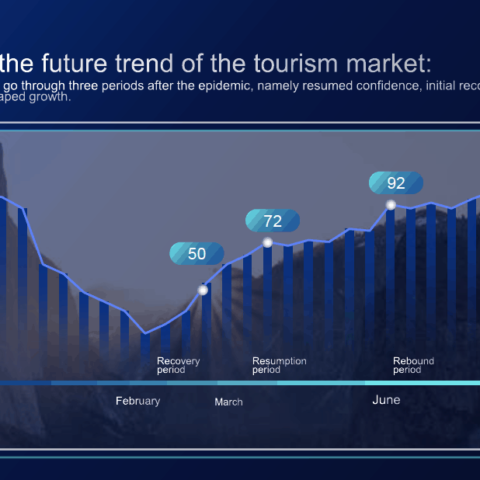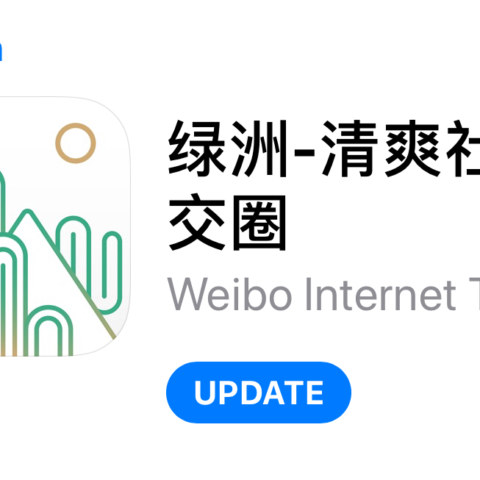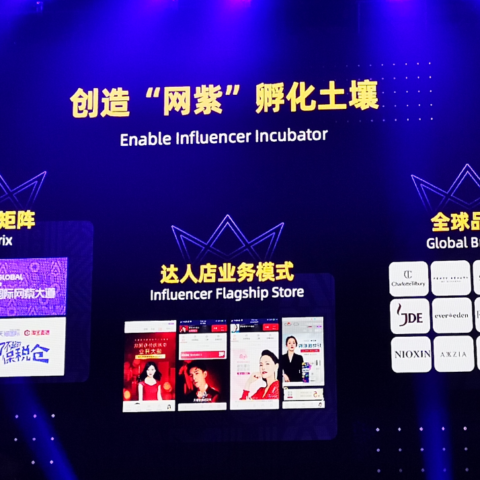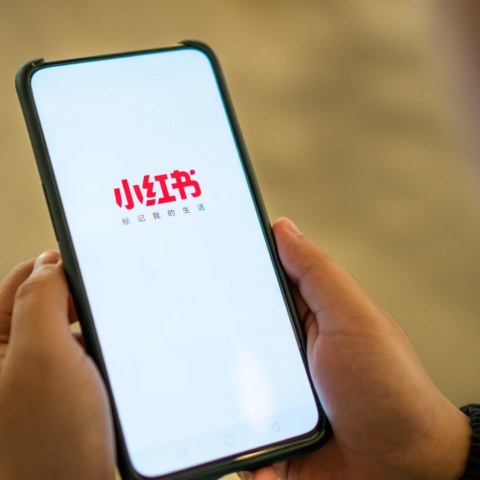How Gen Z Celebrates Christmas in China: Trends, Marketing Opportunities, and Key Insights
Christmas isn’t a public holiday in China, but it has become an increasingly popular cultural and consumer event, especially among Gen Z and Millennials in tier-1 and emerging tier-1 cities. This Western holiday has evolved into a unique celebration driven by shopping, gifting, and romantic outings, offering significant opportunities for brands looking to tap into China’s youthful, urban demographic.
Who Celebrates Christmas in China?
Gen Z and Millennials dominate Christmas celebrations in China. According to Baidu Index data, 48.4% of searches for “圣诞节” (Christmas) in October were from individuals aged 20–29, followed by 25.5% from those under 19. These groups are particularly open to Western holidays, using Christmas as a chance to unwind, create memories with romantic partners, and exchange gifts.
Unlike in Western countries, where Christmas is centered on family gatherings, in China, it resembles one of the country’s many Valentine’s Days. Young people spend the day with friends or significant others, as family-focused celebrations are typically reserved for Chinese New Year.
How Gen Z Celebrates Christmas in China
Christmas has become a time for urban nightlife and leisure activities. Key traditions include:
- Gift Exchanges: Popular items include desserts like chocolates and cakes, clothing, toys, and cosmetics.
- Social Media Trends: Posts often feature personalized Christmas trees decorated with plush toys, snacks, and other creative elements.
- Entertainment and Dining: Young consumers flock to restaurants, concerts, and themed nighttime events to celebrate.
While online discussions about Christmas have decreased compared to previous years (social media mentions dropped from 1.29 million in 2023 to 963,608 in 2024), offline activities remain vibrant. Cities like Shanghai, Chengdu, and Chongqing shine with Christmas decorations, special events, and bustling nightlife.
Nighttime Economy: A Boon for Christmas Marketing
China’s nighttime economy plays a crucial role in Christmas celebrations, encompassing dining, entertainment, and cultural events. Public spaces are adorned with massive Christmas trees and artificial snow, creating a festive atmosphere. In Chengdu, for example, public areas come alive with decorations, while upscale hotels offer themed afternoon teas and lavish buffets.
Entertainment has also grown in importance. Damai, China’s top ticketing platform, listed 235 Christmas-themed performances nationwide, ranging from concerts to cultural exhibitions. Events like the Qinhuai Lantern Festival in Nanjing also coincide with the season, blending traditional Chinese culture with modern festivities.
Shifting Online Trends: What Matters Now
Despite fewer trending Christmas-related topics, some key interests remain constant:
- Gift Giving: Young people continue exchanging gifts, with desserts and fashion items topping the list.
- Themed Locations: Photoshoots under Christmas trees, in shopping malls, or at iconic locations like Shanghai Disneyland remain popular.
- Evolving Interests: Compared to last year, when Christmas-themed nail art and makeup were trending, this year sees greater interest in concerts, celebrity events, and entertainment.
Marketing Opportunities for Brands in China
Christmas offers a prime opportunity for businesses to connect with Chinese consumers through creative campaigns. Key strategies include:
- Festive Product Designs: Brands like Louis Vuitton have launched Christmas-themed chocolate collections, while Yves Saint Laurent and SNIDEL BEAUTY introduced advent calendar gift boxes.
- Co-Branding Campaigns: Fast food chains like KFC partnered with Loopy to offer limited-edition Christmas toys, creating buzz among younger audiences on platforms like Douyin (with over 1.93 billion plays for the topic “Loopy”).
- Limited Editions: Creating a sense of scarcity through exclusive, time-limited offerings has proven highly effective for brands seeking to drive engagement.
Shuangdan: Combining Christmas and New Year
The “Shuangdan” period, which merges Christmas with New Year’s celebrations, has become a crucial time for sales promotions. While it doesn’t rival the scale of Double 11 (China’s largest shopping event), it still attracts consumers looking for seasonal gifts and deals.
Conclusion
Christmas in China is less about tradition and more about urban youth culture, nightlife, and gift-giving, presenting a valuable opportunity for businesses to connect with Gen Z consumers. By understanding the unique ways this holiday is celebrated and leveraging creative marketing strategies, brands can tap into the vibrant spirit of Christmas in China and drive meaningful engagement with this influential demographic.
For businesses aiming to expand their reach in China’s growing market, Christmas is not just a holiday—it’s a chance to build brand loyalty, increase visibility, and boost sales through innovative campaigns tailored to the tastes of young, urban Chinese consumers.
Need advise? contact us
Leave a Comment
